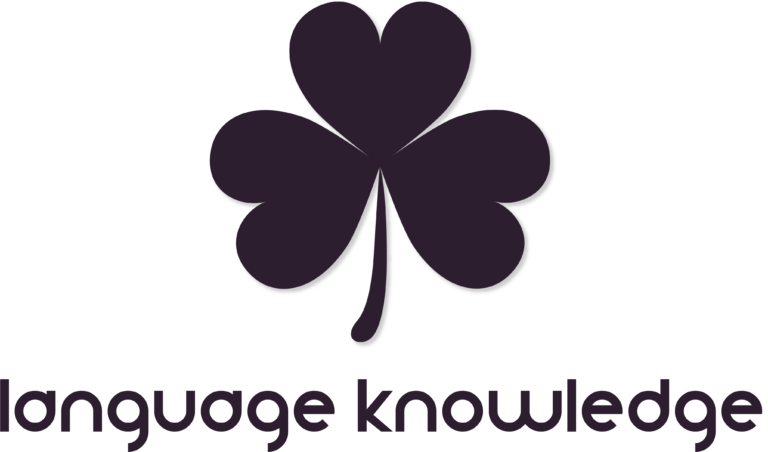What is a reflexive pronoun?
First of all, an English reflexive pronoun is a pronoun that can take on two different functions. On the one hand, it can be reflexive, and on the other, it can enhance another noun in its statement.
What forms are available in English reflexive pronoun?
| Singular: | |
|---|---|
| 1. Person | myself |
| 2. Person | yourself |
| 3. Person | himself, herself, itself |
| Plural: | |
| 1. Person | ourself |
| 2. Person | yourself |
| 3. Person | themself |
Use of reflexive pronoun in English
Reflexive:
If you want to use the reflexive pronoun Reflexively, you need a match of subject and object. Then you can use it, as in the following example, to prevent a repetition within the sentence.
I bought myself a new English book.
Enhancement of a noun:
Likewise, the English reflexive pronoun can also be used to enhance a noun. For this, you only need the respective reflexive pronoun and a subject or an object.
What you have to pay attention to!
As a rule, the pronoun stands for the noun or pronoun. However, if the noun is the subject of the sentence, then the reflexive pronoun stands at the end of the sentence.
He opened the door himself.
I met him himself at the bus station.
Meaning of by with an English reflexive pronoun:
If “by” stands for the reflexive pronoun, “by” has a meaning of “lonesome“.
What you have to pay attention to in the reflexive pronouns:
- Behind every place preposition is a personal pronoun instead of a reflexive pronoun.
- Furthermore, in English behind some verbs neither a reflexive pronoun nor a personal pronoun can stand.
For example:
- change
- dress
- happen
- hurry
- meet
- move
- relax
- wonder
For example: I wonder.
- Other verbs need a reflexive pronoun.
For example:
- make oneself
- pride oneself
- seat oneself
- Finally, in a reciprocal relationship there is no reflexive pronoun (each other), but (each other).
They looked at each other.
About me
Hey, formerly I thought that learning languages was an innate one. Either you can speak English perfectly or not and no matter how much you learn – “I do not write a good grade in English anyway.” But I quickly learned that you do not know everything in your mother tongue.
After a while, I gave myself one last chance to learn English. Only this time I limited myself to the essential points.
That means for me verbs: the form – examples – signal words & the usage
This method enabled me to learn English faster than ever before.
Since then I know that learning to talk is not innate. And through that realization, my vision has become to offer other students the opportunity to learn English, just like I did back then. Now I ask you to help me by sharing this article with your friends! Thanks a lot!
You read: Reflexive Pronoun





